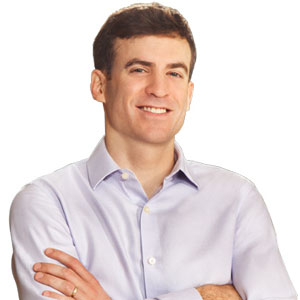Today, disinformation is more often spread through private online channels, such as Telegram, WhatsApp, plus private Facebook and Twitter groups, than through public social media. That’s what various experts told BNR after asking around. At the same time, according to a report by the Media Authority, the Netherlands is less concerned with fake news. ‘And therein lies the danger,’ warns Gwenda Nielen, sociologist and online manipulation researcher.
‘St. Anthony’s College, where Sigrid Kaag did his MPhil, is nothing more than a training institute for the Western secret services.’ For example, party leader Thierry Baudet of the Forum for Democracy gave a speech before the DPR two weeks ago. Chamber president Bergkamp then cut him off, while the cabinet left the Chamber after Kaag.
Earlier, a broadcast by Ongehoord Nederland about ‘racism against white people’ appeared on Public Broadcasting, with video images apparently having nothing to do with the claim. But as with the spy commentary on The Room, the seed was already planned for many TV viewers.
Read also | Weisglas: ‘It’s okay to run from the room’
‘Fake news is now well hidden in factual news,’ says Gwenda Nielen, a sociologist and online manipulation researcher. ‘They are, as it were, disguised with facts, but the important content is distorted or suggestive. Then you think you’re reading something critically, but it turns out to be the opposite.’
Reduce
Surprisingly enough, Media Authority noticed that fewer and fewer people were discovering fake news across all age groups. “Partly because social media companies are taking more action against the spread of fake news, such as blocking and suspending accounts and deleting false messages,” said Alexander Pleijter, an expert on online journalism and fact-checking at Leiden University.
Partly due to the removal of fake news on major internet platforms, concerns about misinformation and disinformation in the Netherlands remain small compared to countries such as France, the United States and the United Kingdom. But Gwenda Nielen, a sociologist and online manipulation researcher, notes that the Netherlands is also less aware of fake news because of the declines on Facebook and Twitter, among other things. “It was very bad,” he said.
Read also | YouTube removes 9,000 channels due to Ukrainian disinformation
As fake news is now more often distributed through private channels, this poses a new risk, Nielen believes. ‘However, like-minded people can radicalize more quickly if they are in an echo chamber where only ‘own rights’ are tolerated.’
Camouflage
Pleijter could not say whether the Dutch were less able to recognize fake news because of the new ‘camouflage’: ‘I dare not take it. What seems more logical to me is that people find it less often, because of the crackdown by social media companies on fake news.’
Pleijter also said that people are becoming more accustomed to fake news and are therefore avoiding social media when it comes to news. ‘You also see the movement of people starting to avoid it by using more news sites and news media. They are, as it were, developing strategies to avoid fake news.’
It’s hard to talk about the rise in fake news. ‘There are no figures on this, but the numbers are definitely not decreasing’, the two experts said.

“Incurable alcohol fan. Proud web practitioner. Wannabe gamer. Music buff. Explorer.”







